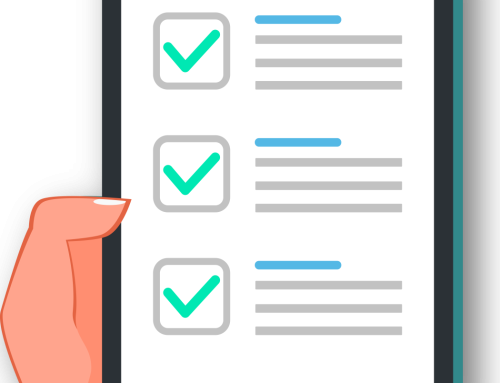 Big data has emerged as a transformative tool, driving innovation and improving patient outcomes. Defined as large volumes of data gathered from various sources—such as patient records, clinical trials, medical imaging, and wearable devices—data can reveal insights that shape personalized care, improve population health, and streamline operations. For healthcare payers, data offers a strategic advantage by enabling predictive analytics, which reduces costs and manages risk more effectively. However, as data usage grows, so does the need for robust security measures.
Big data has emerged as a transformative tool, driving innovation and improving patient outcomes. Defined as large volumes of data gathered from various sources—such as patient records, clinical trials, medical imaging, and wearable devices—data can reveal insights that shape personalized care, improve population health, and streamline operations. For healthcare payers, data offers a strategic advantage by enabling predictive analytics, which reduces costs and manages risk more effectively. However, as data usage grows, so does the need for robust security measures.
Key Applications of Data in Healthcare
Data is impacting payers, providers, and patients in significant ways. Here are some essential applications:
- Predictive Analytics for Population Health
By identifying trends in patient data, healthcare providers can anticipate and potentially prevent health issues. For example, predictive analytics can help prevent hospital readmissions by assessing chronic disease patterns. The result is better care management and lower costs. For payers, predictive analytics is invaluable, potentially reducing the cost of chronic care by up to 30% Binariks. - Enhanced Operational Efficiency
The complexity of healthcare systems can lead to inefficiencies that impact patient outcomes and costs. Data supports administrators by optimizing resource allocation, staff scheduling, and supply chain management. With data-driven insights, healthcare organizations can improve operational efficiency, benefiting both the patient experience and the bottom line. - Improved Patient Engagement
Data empowers healthcare providers to deliver personalized information to patients, encouraging preventive care and enhancing patient engagement. For example, tailored patient outreach can improve adherence to treatment plans, contributing to better health outcomes and lower healthcare costs WebMD Ignite.
Security Risks and Essential Safeguards
Data usage comes with increased responsibility to protect sensitive healthcare information. Data breaches in healthcare are alarmingly common, with an estimated 50.4 million patient records exposed in 2021 alone, costing the healthcare industry $9.23 million per breach on average. (HIPAA Journal) Protecting this data is not only a regulatory requirement but also critical for maintaining trust.
To secure patient data effectively, healthcare organizations need to adopt stringent security measures, including:
- Encryption and Secure Data Storage: Encrypting data ensures that only authorized personnel can access it, minimizing risks in case of breaches. Additionally, secure storage practices prevent unauthorized data exposure UpGuard.
- Access Controls and Monitoring: Limiting data access based on job roles and monitoring access logs helps prevent unauthorized activity. Data monitoring can also quickly detect and respond to suspicious events.
- Employee Training on Data Security: As human error accounts for many healthcare data breaches, training employees to recognize security risks is crucial. Educated staff can act as an additional layer of defense UpGuard.
The Future of Data in Healthcare
As data technology evolves, the healthcare industry can expect even more innovative applications. The integration of machine learning and artificial intelligence will enhance data’s predictive capabilities, providing real-time insights for better health outcomes. Additionally, blockchain technology is anticipated to improve data security, offering a transparent yet secure method for data management.
Organizations that prioritize investments in data today are not only enhancing patient care and efficiency but are also preparing for future advancements. While data offers immense potential, its benefits can only be fully realized when paired with strong security practices. Embracing both the opportunities and responsibilities of data will be essential for sustainable, data-driven innovation in healthcare.
Sources:
- How the Healthcare Industry Can Prevent Data Breaches
- Healthcare Data Breach Statistics
- 11 Data In Healthcare Statistics [Trends and Overall Market]
- Data Analytics in Healthcare: A Comprehensive Guide
- Data Analytics in Healthcare: A Comprehensive Guide
- Data In Healthcare Market Reaching US$ 145.8 Billion By 2033
- Healthcare Buzzwords







Leave A Comment